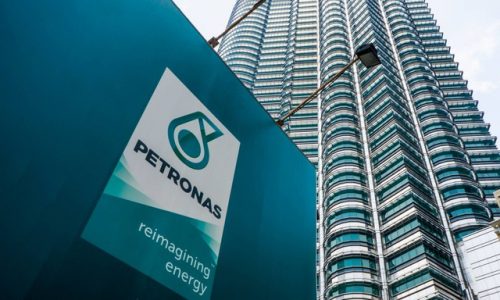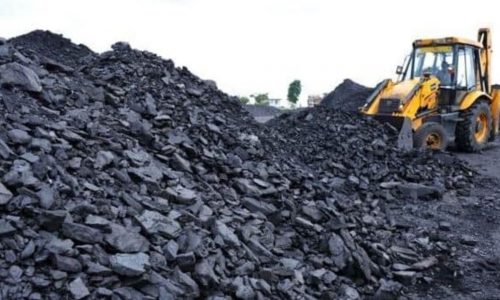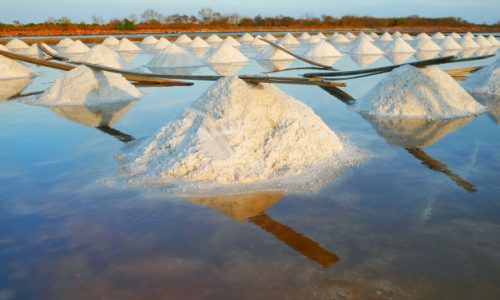The Ministry of Energy and Mineral Resources (ESDM) has issued regulations to regulate Carbon Capture and Storage (CCS), which are expected to bring new opportunities for industries amidst the lingering problems, such as infrastructure.
The CCS regulations are stipulated in the Regulation of the Minister of Energy and Mineral Resources (Permen ESDM) No. 16/2024 on the Implementation of Carbon Storage Activities which was released on December 20, 2024 and promulgated on December 24, 2024. The regulation contains 29 chapters with 75 articles.
Yayan Satyaki, an Energy Economics Observer at the Padjadjaran University, assessed that this regulation will bring opportunities for the upstream oil and gas industry.
“So that this industry can be more competitive and meet the National Determined Contribution (NDC) target for Indonesia,” Yayan said as quoted by Katadata.co.id, on Tuesday, January 7, 2025.
However, currently the implementation of CCS in Indonesia is still constrained by a number of problems such as those related to supporting infrastructure for CCS.
Marjolijn Wajong, Executive Director of the Indonesian Petroleum Association, welcomed the issuance of this regulation because it provides legal certainty regarding CCS regulations for the industry.
“CCS will support Indonesia’s plan to achieve the Net Zero Emission (NZE) target, while enabling economic growth by providing solutions for industries that are difficult to decarbonize,” Marjolijn said.
CCS provides opportunities for economic growth through job creation and investment in clean technologies. Indonesia’s geological conditions have salty aquifer formations and depleted reservoirs that can be used as a place to safely store carbon dioxide injected through CCS technology.
CCS developers are projected to increase Indonesia’s appeal as a regional carbon storage hub. In line with Indonesia’s commitment at the 29th Climate Change Conference (COP29) to become a leader in CCS initiatives.









